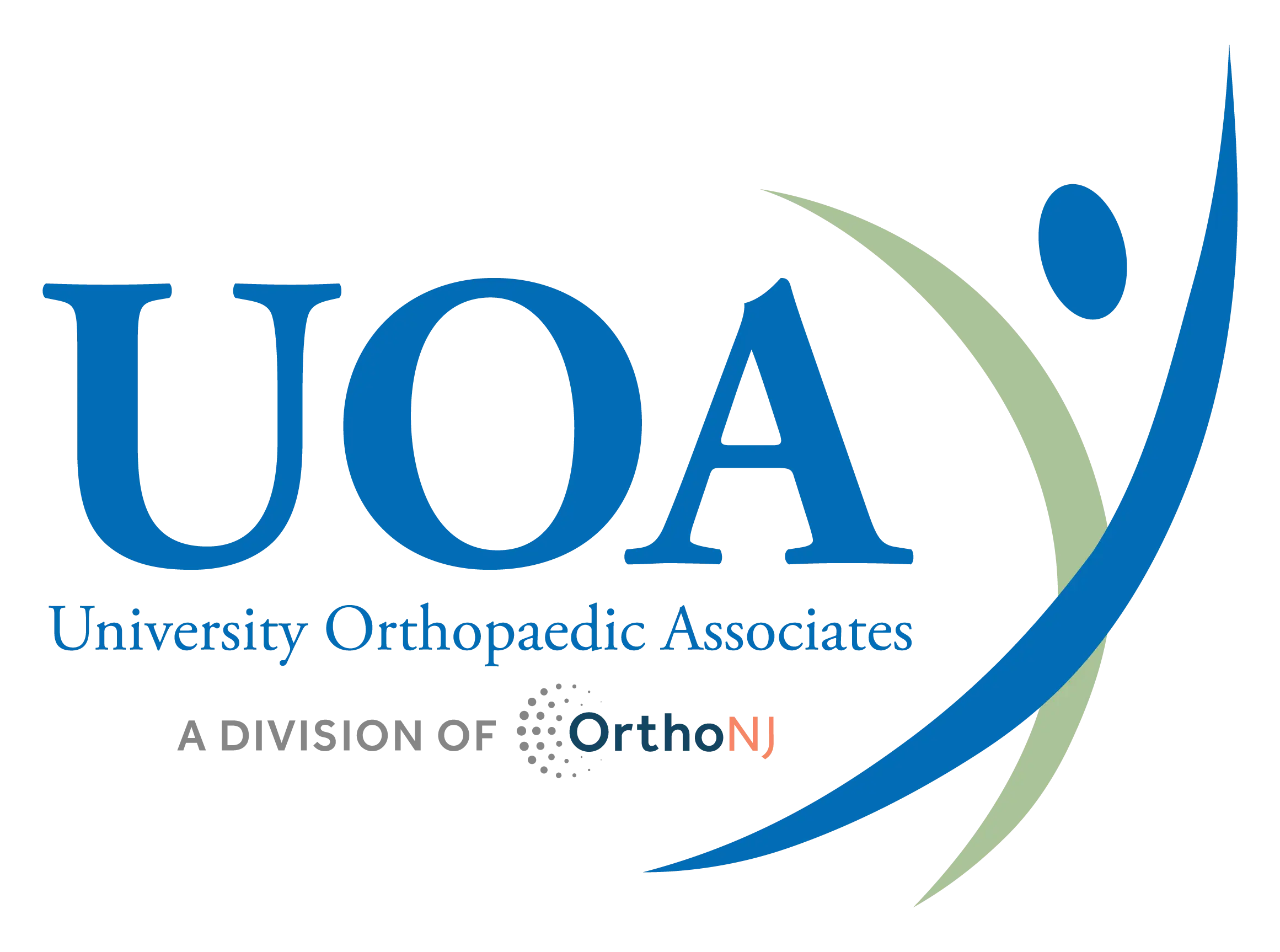10 Tips for Improving Bone Health

Optimal bone health can often reduce the risk of bone stress injuries and osteoporosis and enhance sports performance.
University Orthopaedic Associates (UOA) offers the latest in bone density technologies and treatments. Here are 10 UOA-approved tips for managing and improving your bone health.
1. Watch Your Calcium and Vitamin D Intake
Teens should aim to get between 1300 and 1500 mg of calcium and at least 800 IU of vitamin D per day. Foods that contain high amounts of these nutrients include:
- Spinach
- Kale
- Okra
- Collards
- Soybeans
- White beans
- Yogurt
- Milk
- Cheese
- Oatmeal
- Fortified orange juice
- Fortified breakfast cereal
2. Spend More Time in the Sun
Sun helps your body produce a higher amount of vitamin D. Head outdoors every day to get direct sunlight and limit your exposure to no more than 30 minutes a day to avoid sunburn.
3. Sleep for at Least 8 Hours
High school athletes who do not get eight or more hours of sleep tend to be more susceptible to fractures and bone stress injuries. Avoid looking at digital screens at night, given how blue light emitted by TVs and mobile devices can interfere with your sleep quality.
4. Include Weight Training in Your Fitness Routine
Weight training exercises are essential to building and maintaining strong bones. Do weight training at least three days a week and ask your coach or fitness trainer for direction if needed.
5. Play Ball Sports
Soccer, basketball, lacrosse and other ball sports require you to pivot and change direction frequently, which contributes to strong bones. Play ball sports with your friends more often, or try out for your favorite ball sports teams at school.
6. Recognize the Signs of Overtraining
Overtraining can lead to the loss of bone mineral density and increase your risk for bone injuries. Learn the signs of overtraining and give yourself more time to recover if needed.
Common signs of overtraining include:
- Bone pain when walking
- Pain that increases with activity
- Pain at rest
- Decreased performance
- Limping
- Inability to do a single leg hop from the toes
7. Limit Your Caffeine Intake
Caffeine increases your urine output and may also inhibit your body’s ability to absorb essential vitamins and nutrients. Reduce your caffeine intake or avoid caffeine altogether. Stop consuming energy drinks and sodas, and consider swapping out coffee for tea.
8. Take a Quality Multivitamin
Multivitamins help ensure you get all the nutrients you need to stay healthy and maintain good bone health. Ask your family physician to recommend a quality multivitamin brand and take it right before bedtime. Your body will utilize multivitamins best during this time, which is when it repairs and replenishes itself.
9. Females: Track Your Menstrual Cycle
Menstrual irregularities such as missed periods and heavy bleeding can have negative impacts on your bone health. If you are experiencing menstrual irregularities, consult your family physician to get to the bottom of the root cause. Stress, poor sleep and diet can all affect your period.
10. Start Caring for Your Bone Health Now
About 94% of your lifetime bone health will be determined between the ages of 20 and 22. Taking care of your bone health is more important during your teen years than at any other time of your life. Stay active, exercise regularly, practice good nutrition and get lots of quality sleep.
Don’t hesitate to ask your athletic trainer or healthcare provider for additional tips on managing your bone health. Keep in mind that all the above tips will also help maximize your athletic performance.

